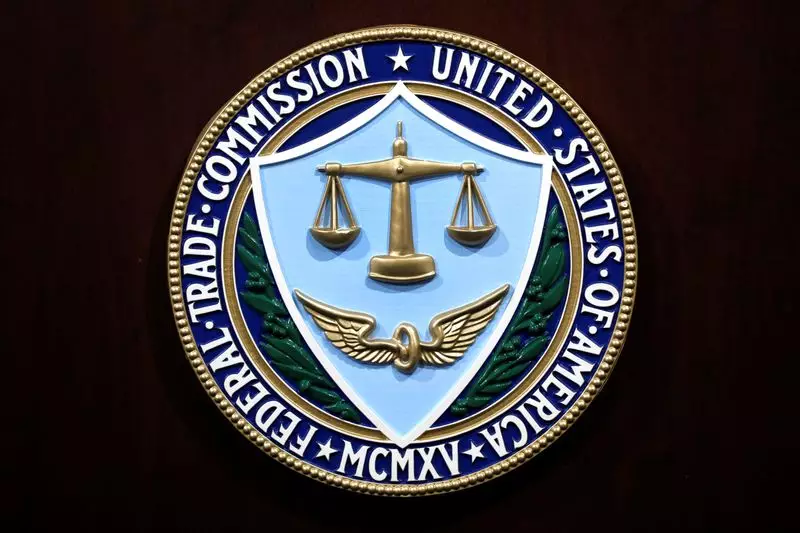In a significant move, the Federal Trade Commission (FTC) has recently undergone a critical shift in its approach concerning diversity, equity, and inclusion (DEI) policies. This transition is driven primarily by the new chair, Andrew Ferguson, who has now acquired the authority to dismantle DEI initiatives within the agency. This decision came to fruition against the backdrop of an executive order from former President Donald Trump, which aimed to eliminate such programs across federal agencies. The implications of these changes extend beyond the FTC’s regulatory responsibilities and raise questions about the agency’s political independence and role in contemporary governance.
The Political Landscape of the FTC
Ferguson’s ascent to power coincided with a notable willingness from the Democratic majority within the commission to abstain from contesting his proposals. The tension between the parties became particularly evident during the commission’s recent vote, where Ferguson’s request to eliminate all references to DEI was met with resistance primarily from Democratic Commissioner Alvaro Bedoya. Bedoya’s stance highlights a deeper ideological rift, as he contends that Ferguson’s emphasis on DEI distracts from pressing economic issues, including the high cost of living that affects everyday Americans.
This incident underscores a growing polarization in American political discourse, particularly within regulatory institutions that are intended to function independently of partisan influences. Ferguson’s comments that officials should comply with the President’s directives, regardless of their personal beliefs about DEI, illustrate a troubling trend where agency autonomy might be compromised by political agendas.
The constitutional framework guiding federal commissions like the FTC includes provisions that shield agency members from arbitrary dismissal, requiring causes that are more substantial than mere disagreement with the president’s policies. Ferguson’s interpretation of the relationship between the agency and presidential authority has therefore sparked a debate about the balance of power within federal institutions.
In a major statement deviating from Ferguson’s approach, Commissioner Rebecca Slaughter pointed out her obligation as a Senate-confirmed commissioner to uphold constitutional laws rather than cater to specific ideologies or individual preferences. This notion of fidelity to broader legal requirements challenges Ferguson’s narrative that aligns compliance solely with presidential directives.
The implications of these developments stretch far beyond the internal dynamics of the FTC. As federal agencies are expected to reflect the values and priorities of the administration in power, such actions may lead to a systematic dismantling of programs aimed at promoting inclusivity and addressing historical inequities. By silencing DEI initiatives, the commission risks alienating certain demographics that rely on equitable practices in corporate governance and regulatory oversight.
Ultimately, Ferguson’s leadership exemplifies a potential shift in the FTC’s long-term agenda, raising critical questions about the future of regulatory agencies as they navigate the increasingly partisan landscape of American politics. It remains to be seen how this commitment to curtail DEI will affect both the agency’s operational effectiveness and its perception in the public eye.

